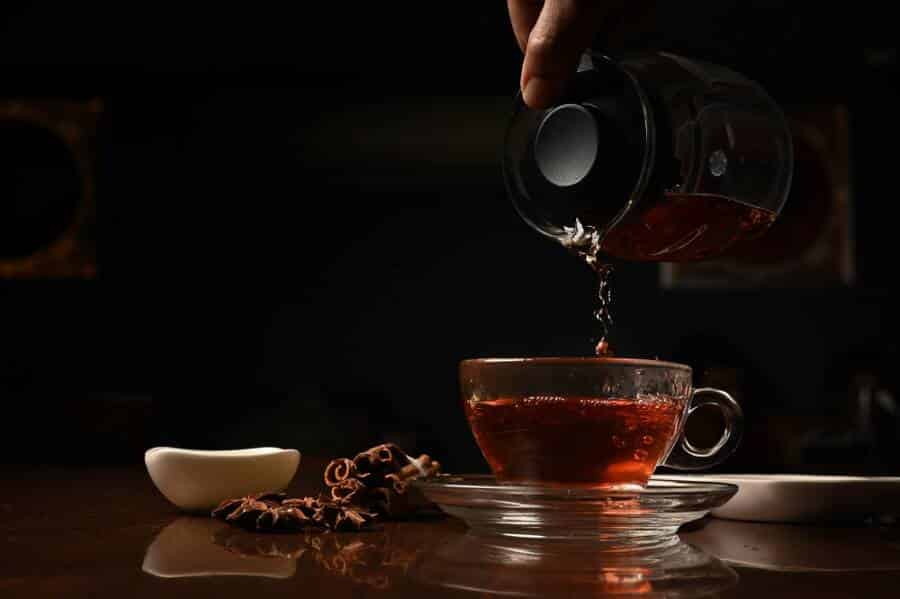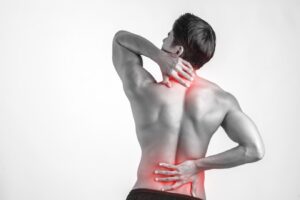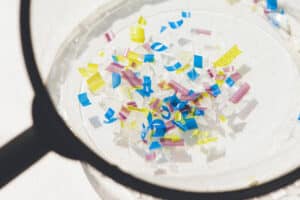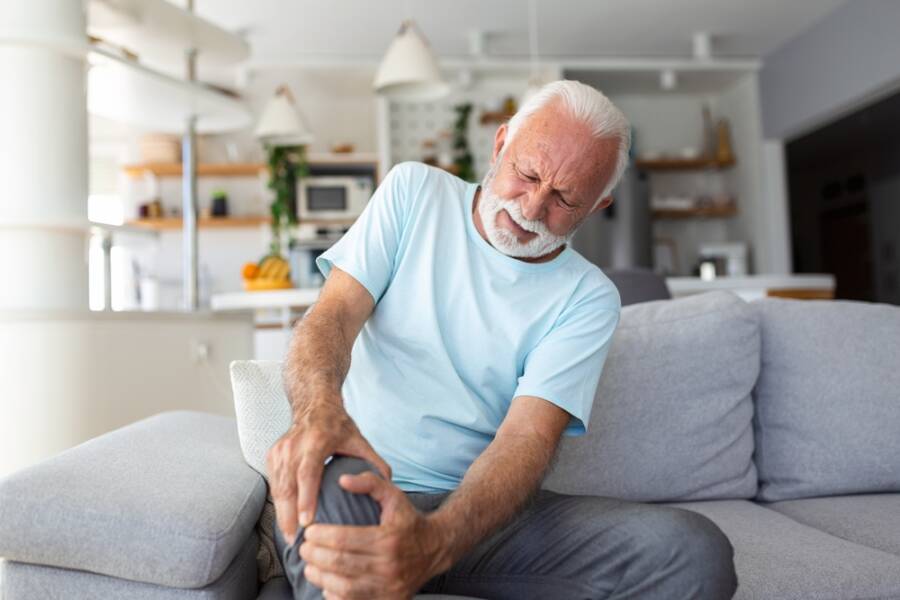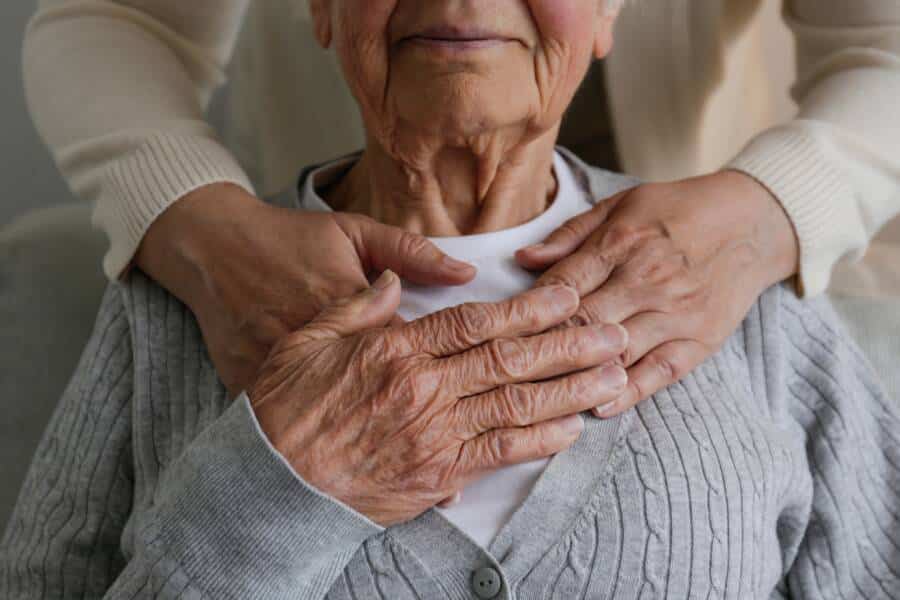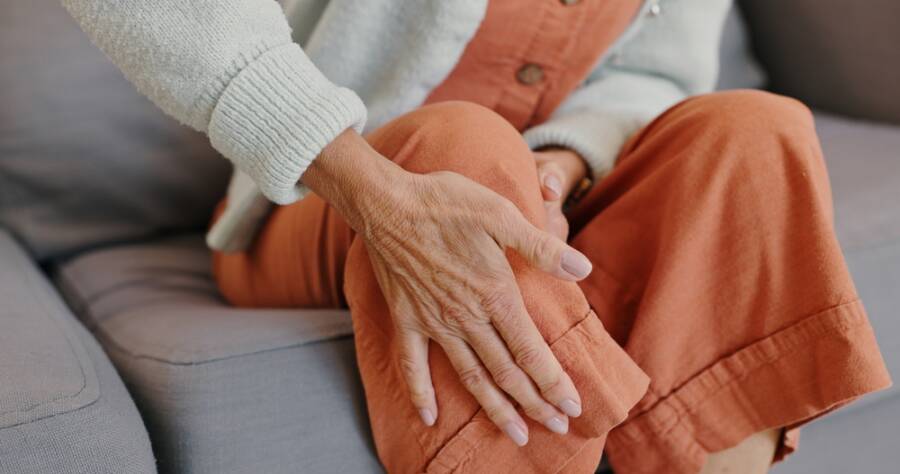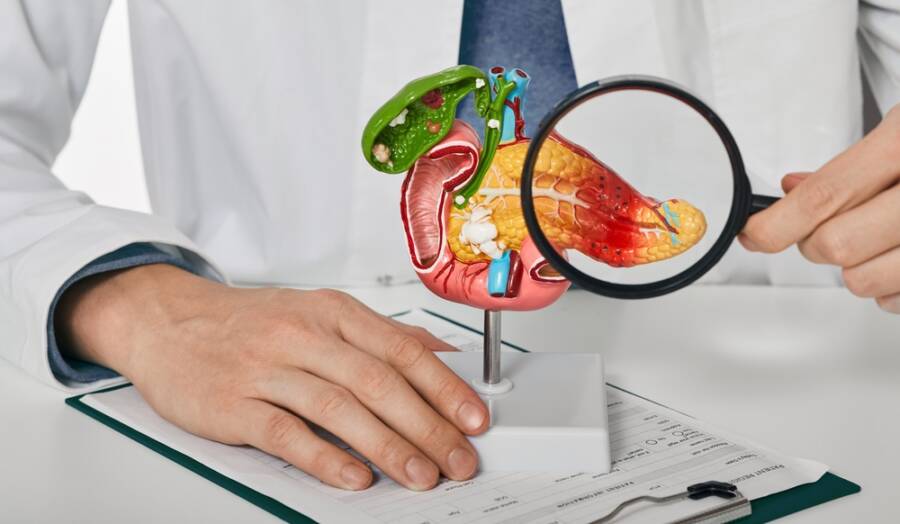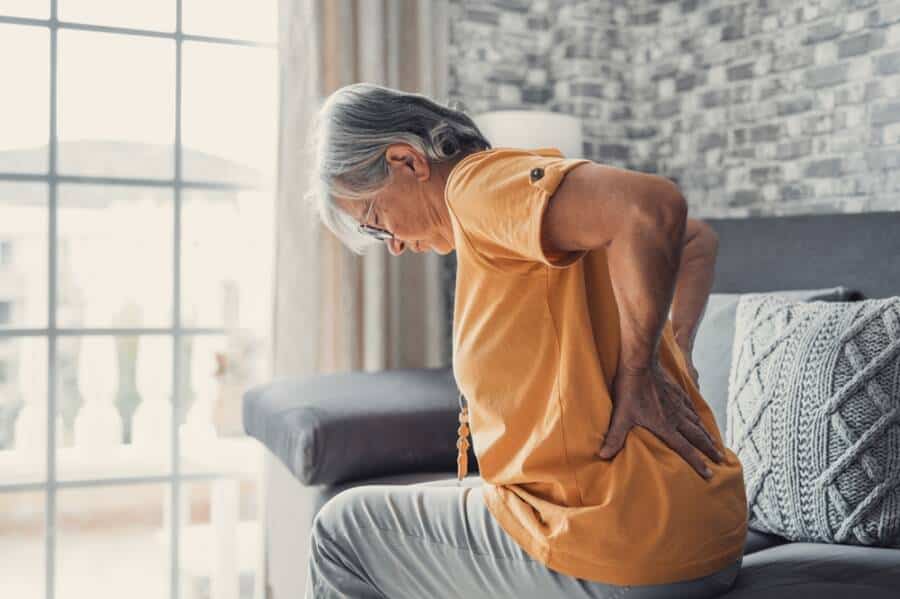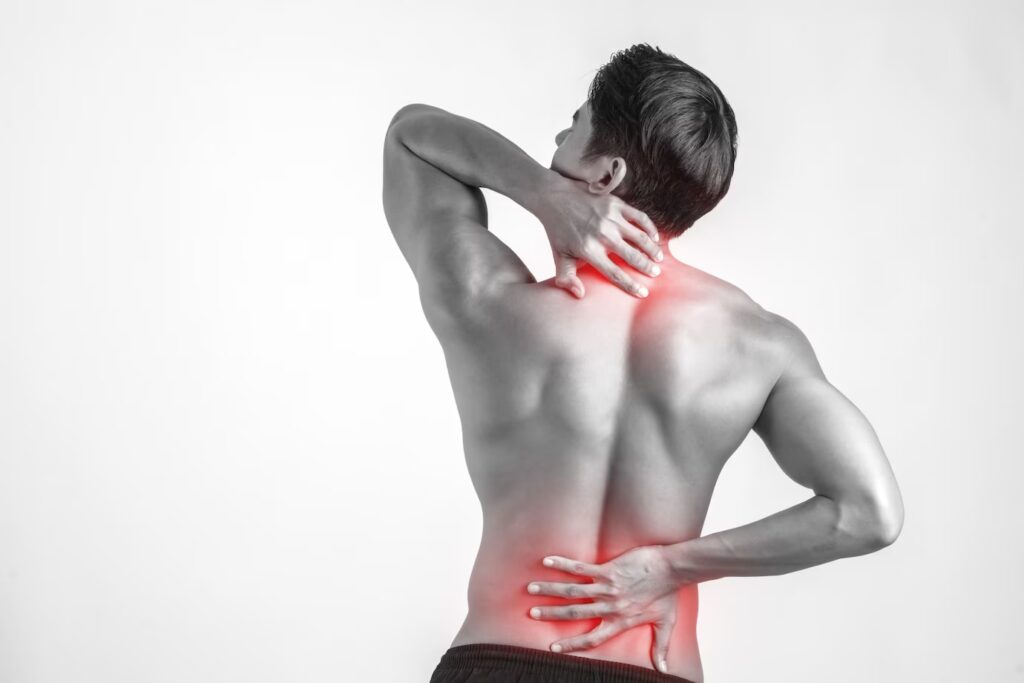You can’t build strong bones overnight… The process is long and neverending. From foods to exercises, there are a plethora of things you can do to boost your bones. Osteoporosis, osteoarthritis, and scoliosis are just a few health conditions linked to poor bone quality.
Plus, a recent study pointed out that poor bone quality is linked to heart disease. It seems that a lower bone density could lead to a higher risk of arterial stiffness. Therefore, since heart disease is the number one cause of death in our country, you should pay more attention to your bone health. Thankfully, if you want to fortify those bones, you can easily do so by following several tips.
And remember that being consistent is key!
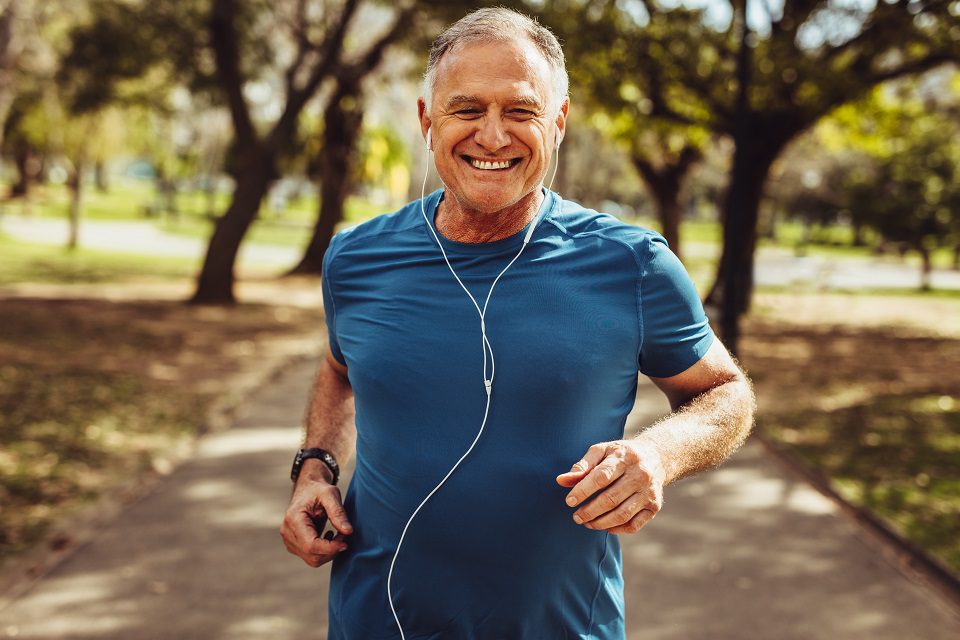
1. Run
Be honest… How much physical activity do you get in a day? Not that much, huh? Well, according to the CDC, you need 2.5 hours of moderate activity weekly or about 1.25 hours of vigorous activity. The health institute also added that more than 80 percent of Americans do not get the recommended amounts of physical activity per week.
So, start running like your life depends on it! Not only does running help you increase longevity, but it also boosts your bone health. According to a study published in the International Journal of Epidemiology, intense physical activity such as running stimulates bone cells resulting in improved bone density and a lower risk of developing bone-related conditions.
2. Lift weights
An orthopedic surgeon at Kaiser Permanente in Southern California, Abraham Gregory Lin, MD, recommends women in the postmenopause stage lift weights at least two times a week. Due to the hormonal changes in their bodies, women are more prone to develop osteoporosis and heart disease.
If you don’t really like going to the gym, check Amazon! You’ll find a variety of weights, including dumbbells and weight machines.
3. Get some vitamin D
We already know that vitamin D is essential for building good bones, but do you think you’re getting enough of it? The recommended daily dosage when it comes to vitamin D is 400 IU for people over 50. However, as you age, the amount increases to 600 IU for people over age 70.
Nurse practitioner and manager of Kaiser Permanente’s Healthy Bones Program in Southern California, Fany Patricia Rosas, recommends taking vitamin D supplements. Additionally, it would be best if you spent more time outdoors to get your daily dose of vitamin D from the sun.
4. Say no to sodas
Do you need more reasons to skip sodas for good? They are a disaster for your health, bones included. Are you aware that a serving of soda per day increases a person’s risk of hip fracture by 14 percent? And although researchers note that the connection is pretty unclear, they believe that caffeine and sugar interfere with calcium levels, leading to low bone density.
5. Eat more fish
Supplementing is good, but eating fatty fish is better (and tastier). Try to include more vitamin D-rich foods in your diet, such as salmon—just three ounces of cooked salmon packs approximately 450 IUs of the bone-friendly vitamin.
Two canned sardines offer about 50 IUs, as stated by the National Institutes of Health’s Office of Dietary Supplements. If you like tuna more, rest assured! Three ounces of canned tuna packs more than 150 IUs. To reach your daily quota of vitamin D, eat more fish!
6. Jump
In a study, women who jumped 20 times a day on average for about four months were able to build a stronger hip bone mineral density than those who didn’t jump at all. According to the American Journal of Health Promotion, this physical exercise helps your body rebuild stronger bones.

7. Play ball
If you’re a ball sports enthusiast, you should get more active! Instead of running or going to the gym, you could easily play golf or tennis. Both games are considered weight-bearing activity that boosts bone health.
Sports medicine physician at Midwest Orthopaedics at Rush in Chicago, Julia Bruene, MD, says that it doesn’t really matter if you’re good or not; as long as you’re moving, your bones will thank you for that.
8. Eat balanced
Physical activity is essential for building stronger bones, but so is diet. Getting a variety of nuts, veggies, fruits, whole grains, seafood, and dairy is equally important. And yes, vitamin D is not the only vitamin you should get to fortify your frame. Magnesium, vitamin K, phosphorus, vitamin B6, and B12 are also important.
Avocados, dark chocolate, turkey, kale, pumpkin seeds, pinto beans, clams, sardines, cauliflower, spinach, and eggs should be found on your plate weekly.
9. Cook with herbs
Are herbs part of your diet? Because they should be! Spicing up your favorite dishes with herbs such as oregano, garlic, turmeric, or smoked paprika will most likely help you cut back on sodium when cooking. Doctors and nutritionists say that foods high in salt can affect the body’s natural ability to retain and absorb calcium.
So, forget about salt… Instead, to enhance the flavor, use some herbs.
10. Limit your coffee intake
Yes, too much coffee can be bad news for your health. Although coffee has a wide range of health benefits, too much of it (more than three cups per day) can affect calcium absorption in the body. If you’re drinking too much coffee, try to limit your intake. One of two cups a day is more than enough to get your much-needed energy boost.
11. Check your meds
Unfortunately, many meds can contribute to bone loss. Some that can negatively affect your bone health are steroids, antacids that contain aluminum, selective serotonin reuptake inhibitors, as well as proton pump inhibitors. If you think that meds are the culprit, talk to your doctor immediately.
12. Snack on olives
Yes, they are tiny, but once you eat them, you’ll get an overdose of health. Due to their powerful antioxidants, olives are able to reduce inflammation and oxidative stress linked to bone damage. According to a study published in the International Journal of Environmental Research and Public Health, olives may also boost bone cell formation.
On top of that, olives pack a wide range of health benefits. From lowering your blood pressure to supporting gut health and protecting against cancer, olives are indeed superfoods!
13. Wear the right footwear
Not all shoes are created equally, and if you’re an older adult, you should definitely take a closer look at what you’re wearing. An orthopedic surgeon at Kaiser Permanente in Southern California, Abraham Gregory Lin, MD, says that if you have shoes that make you trip or fall, you’re not wearing the right footwear.
He added that he witnessed many cases of fractures from tripping in platforms, high heels, sandals, and flip-flops. Choose comfy shoes with shock absorption and good traction.
14. Load up on greens
Sadly, dairy is the first thing that pops into our heads when we think about vitamin D and calcium, but we should also consider greens. They are an amazing source of vitamin D and calcium. Plus, green veggies also provide decent amounts of fiber and other crucial vitamins.
A sports medicine and primary care physician at Midwest Orthopaedics at Rush in Chicago, Jeremy Alland, MD, says that we should eat green veggies more often, especially beet greens.
15. Quit smoking
Ditching the cigs is one of the best things you could do for your health. There are so many health conditions caused by smoking we can’t even count. However, smoking can also lead to low bone density. So, if you want healthy and strong bones, ditch the cigs!
16. Do cobra pose
Did you know that people who practice yoga regularly have stronger bones? Yoga is great for plenty of things, including stress, anxiety, inflammation, heart health, depression, insomnia, and migraines. It seems that only twelve minutes of yoga per day could improve the bone mineral density in the femur, hips, and spine significantly. So, how’s your cobra pose?
17. Limit alcohol
The recommended safe alcohol intake per day is no more than two glasses when it comes to men and no more than one glass for women. Way too much alcohol can lead to heart disease, liver disease, brain damage, pancreatitis, and serious digestive issues.
For long periods, three or more alcoholic drinks are a disaster for bone formation. Alcohol abuse can lead to fragile and thin bones. Try to consume no more than the recommended amount.
18. Eat more nuts
All nuts are great, but peanuts, almonds, and cashews, in particular, are awesome sources of magnesium, the mineral that’s responsible for improving the structure of bones. Plus, magnesium is essential for calcium absorption. Remember that more than 60 percent of this vitamin found in your body is housed in your bones.
In other words, according to the National Institutes of Health’s Office of Dietary Supplements, you should go nuts whenever you can! If you’re looking for some delicious and nutritious nuts, check out these ones! They’re the best!
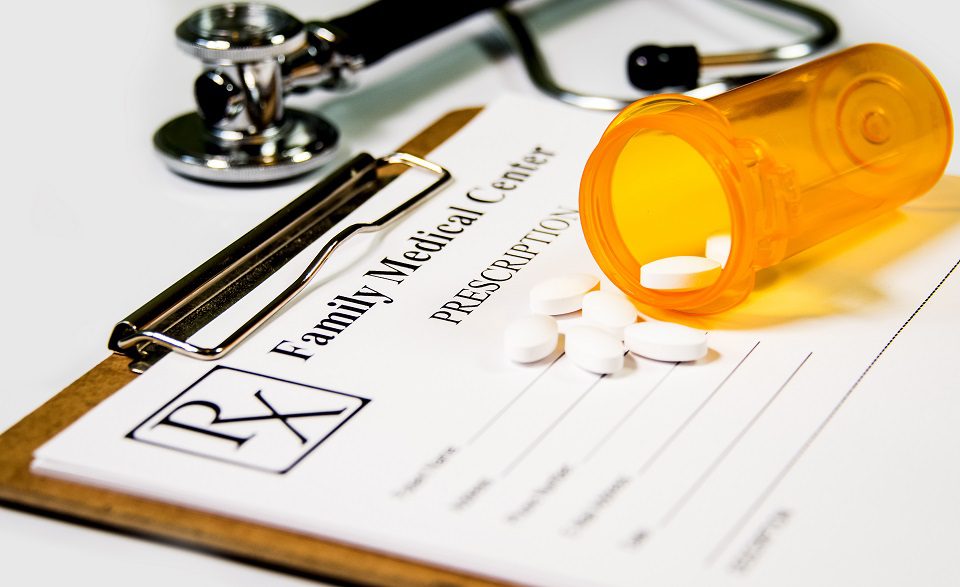
19. Ask for an RX
Although your doctor will tell you for sure when it’s time for an RX, you can always ask for one. In fact, you may already take some prescribed meds that may interfere with bone formation. If that’s the case, RXs will most likely reveal if something’s wrong, preventing this way bone-related issues like osteoporosis.
20. Go easy on the burgers
We know… they taste amazing, but, unfortunately, your bones would disagree. Consuming way too much animal protein can negatively affect your kidneys, leading to loss of calcium. And we all know what happens when we don’t get enough amounts of it…
And don’t understand us wrong! We are not saying to forget about burgers. What we are trying to highlight is that your plate should be balanced.
Takeaway
When it comes to older adults, the vast majority of fractures, especially those in the hip, wrist, and spine, are related to osteoporosis. According to the National Osteoporosis Foundation, as many as 54 million Americans have osteoporosis and low bone mass.
If left untreated, osteoporosis can eventually lead to bone fractures. To prevent broken bones as you age, try to adopt the habits we’ve listed here. You can’t be independent if you are not able to move. Plus, fractures are very painful.
Minimize your risk of bone fractures starting today! If you’re consistent, you’ll thank us one day. If you’re looking for another great article to read, check out this one: 12 Secrets That Help You Memorize Things Easily!


